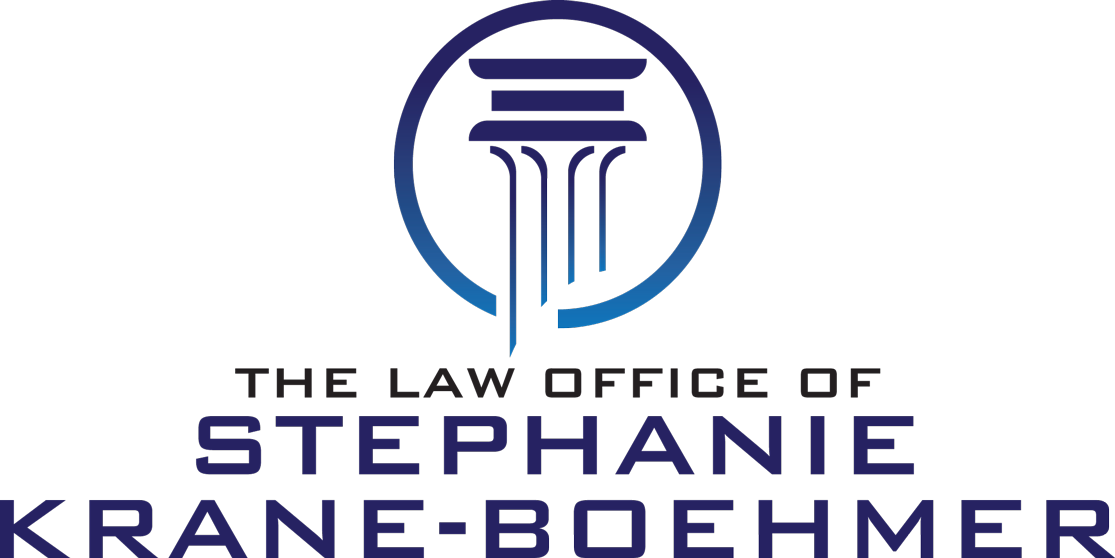Estate planning isn’t exclusively for the wealthy. The sooner you start planning for reallocation of your assets, the better. Estate planning ensures that your chosen assets get delegated to the proper people. Otherwise, if you were to pass away, your hard-earned assets, distribution of your property and money are determined by state laws. If you are living yet unable to manage your affairs, estate planning can also provide reassurance that your financial matters are taken care of according to your terms. Creating an estate plan is a step you can take towards controlling your financial affairs if something unexpected happens to you.
Life events can be unpredictable. While we don’t have complete control over events that happen, we can control who inherits our assets and prized possessions through a completed estate plan. Consider talking to an estate planning attorney who can discuss your best options.
Do I Need a Will?
A Last Will and Testament is a document intended to outline the chosen people who will inherit your assets after you pass away. If you have an estate plan, the choice of your heirs is entirely up to you! You have complete control over where your lifelong assets go. In addition, this document can also state who will take care of your children if they’re under 18-years-old. You can rest assured knowing that your children will be taken care of by your chosen guardian if you pass away.
Without this document, any decisions regarding your assets including property, bank accounts, tangible personal items and more, will be made by the state of law. A Last Will and Testament only become actionable after you die.
A Living Will takes into effect if you become incapacitated. This document outlines the type of medical care you wish to receive. It only becomes valid when a doctor determines that you are unable to make these decisions for yourself.
Importance of a Having a Durable Power of Attorney
Choosing a durable power of attorney is an aspect of an estate plan that takes effect today while you’re living. Regardless of age, power of attorney documents is an essential piece of an estate plan. Appointing a durable power of attorney will ensure that your healthcare decisions and finances become handled by your chosen people if you are living yet unable to manage them yourself. If you are alive and become unable to make your own decisions, your chosen durable power of attorney can make those decisions for you.
Understanding the Types of Durable Power of Attorneys
There are two main types of durable power of attorneys. A durable health care power of attorney can make health-based decisions for you. You can appoint more than one person to act as your health care power of attorney. For example, if you have three children over the age of 18, all three can be eligible as your chosen health care power of attorney. This document is the only way to appoint a person(s) who will make health care decisions on your behalf.
A durable power of attorney for financial services is a document outlining the designated person(s) to handle your financial affairs. If you undergo an accident or diagnosis that leaves you incapable of making sound decisions about your finances, this power of attorney will take care of everything for you. You can rest assured knowing your bills, mortgage, and general finances will be taken care of by the person(s) you elect.
Choosing your power of attorney is an integral part of any estate plan. You might be wondering: how do I identify the right people? We recommend choosing someone responsible, trustworthy and who has your best interest in mind.
Contact Stephanie Krane-Boehmer, an experienced estate planning lawyer who will work with you to create a customized estate plan.
Keep in touch with Stephanie Krane-Boehmer on Facebook





